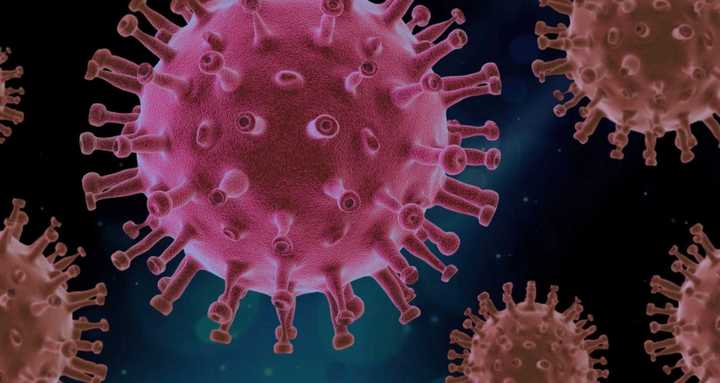Though still in clinical trials, the “little brown pill” molnupiravir may give doctors and researchers a new tool and treatment as the country continues combating the latest wave of COVID-19 cases.
Merck (also known as MSD), and Ridgeback Biotherapeutics, LP announced earlier this month that they ran a randomized, double-blind, placebo-controlled trial to evaluate the safety, tolerability, and efficacy of the pill to eliminate the strain that causes COVID-19.
According to the preliminary results, those who were given molnupiravir versus the placebo showed a reduction of days in the time it took to begin negating the effects of the infection.
The trial included 202 healthy adults who showed signs or symptoms of COVID-19 within the previous seven days and tested positive for infection. Of those 202, 182 provided nasal swaps that could be evaluated, which showed just 42 percent showing the same signs of the virus.
By day five of the trial, there was a reduction in positive viral cultures in the participants who received molnupiravir, while the placebo showed no difference. None of the subjects who received molnupiravir compared to the placebo showed signs, while 24 percent who took the placebo still had symptoms.
Of the 202 participants, no safety signals were identified, and of four “serious adverse events” reported, none were considered to be related to the study.
Officials said that the full study has not been completed, and Phase 2 and Phase 2/3 are currently underway.
“Merck has conducted a comprehensive nonclinical program to characterize the safety profile of molnupiravir. This program included assays such as Big Blue and PIG-a designed to provide a robust measure of a drug or chemical’s ability to induce mutations in vivo,” researchers said.
“Animals were administered molnupiravir for longer and at higher doses (mg/Kg) than those employed in human studies,” they noted. “The totality of the data from these studies indicates that molnupiravir is not mutagenic or genotoxic in vivo mammalian systems.”
Dr. Wendy Painter, the Chief Medical Officer of Ridgeback said that they were pleased with the preliminary data.
“We are very pleased to share our initial Phase 2 infectivity data at this important conference, which remains at the forefront for critical clinical scientific information in infectious diseases,” she said. “At a time where there is an unmet need for antiviral treatments against SARS-CoV-2, we are encouraged by these preliminary data.”
William Fischer, one of the lead investigators noted that the findings in the study determined that those treated with molnupiravir were able to fight off the virus quicker, saying that the early results are promising, and could have a large impact on the fight against COVID-19.
“If supported by additional studies, (this) could have important public health implications, particularly as the SARS-CoV-2 virus continues to spread and evolve globally,” he said. “We continue to make progress in our Phase 2/3 clinical programs evaluating molnupiravir in both outpatient and hospital settings and plan to provide updates when appropriate.”
Click here to follow Daily Voice Fairfield and receive free news updates.
